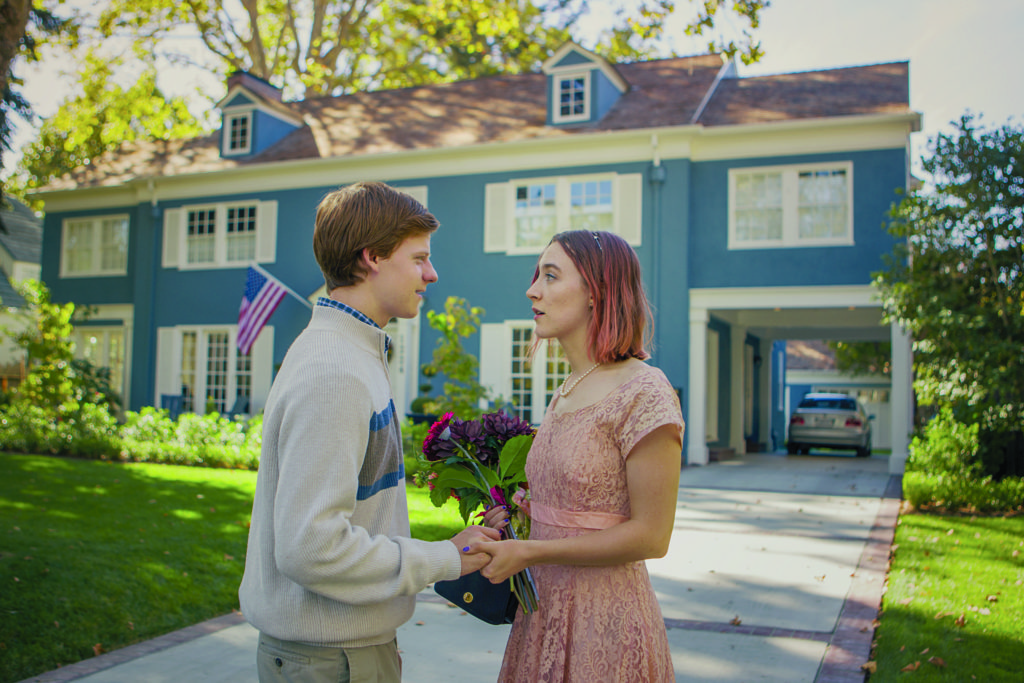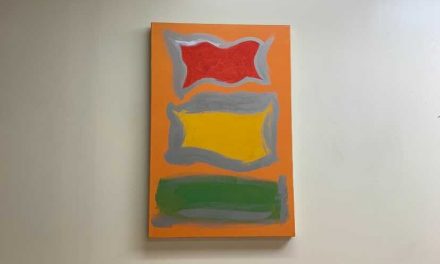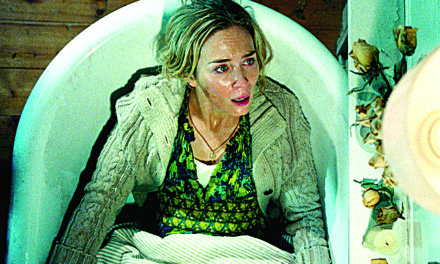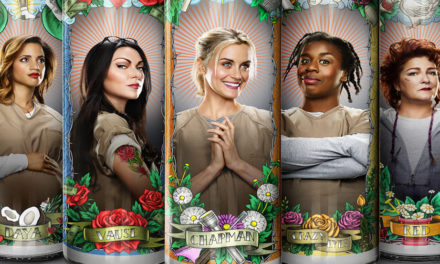The places and times in which we grow up often become inextricable from our future selves, whether we like it or not. Some films attempt to capture that sentiment, but few achieve it as perfectly as Greta Gerwig’s “Lady Bird,” a film that feels like a nostalgic haze of memory. Gerwig, perhaps the greatest actress of her generation, joins the pantheon of great American filmmakers with her solo directorial debut, earning it by giving audiences one of the best coming-of-age and mother-daughter films ever made.
“Lady Bird” opens with an epigraph from legendary writer Joan Didion: “Anybody who talks about California hedonism has never spent a Christmas in Sacramento.” This is the setting of the film to come as well as the mindset of its titular character. It’s 2002: People are just starting to buy cell phones, 9/11 is still a fresh wound and Dave Matthews Band is playing on the radio. Christine McPherson (Saoirse Ronan), a senior in high school, goes by the name Lady Bird, a pseudonym that she gives herself and insists on being called at all times. She lives in a house that she’s embarrassed of with her mother Marion (Laurie Metcalf), her father Larry (Tracy Letts) and her older brother Miguel (Jordan Rodrigues). The McPherson family is always on the edge of economic collapse, exacerbated by the loss of Larry’s job. However, Lady Bird attends a private Catholic school and looks to apply to Northeastern colleges, much to her mother’s worry.
Gerwig follows Lady Bird’s life through the crucial, life-altering year before college. She has one boyfriend after another — the impossibly sweet Danny O’Neill (Lucas Hedges) and the comically artsy Kyle Scheible (Timothee Chalamet) — and struggles with popularity, prom, college applications and figuring out where exactly her life is going. But the dramatic crux of the film is her tempestuous relationship with her mother, as the two struggle to understand each other during such a stressful time in both of their lives.
“Lady Bird” is largely an episodic film in structure but is composed thoughtfully and economically, exploring an entire cast of character arcs with the utmost brevity, empathy and depth over a brisk 93 minutes. The film brims with youthful narrative energy, reflective power and wisdom. The credit here belongs to Gerwig, whose skill with characters is unparalleled. Her writing, which balances a variety of comedic and dramatic tones with breathtaking ease, and direction are extraordinarily generous and loving toward the entire ensemble. Ronan has never been better, a cosmically fiery ball of adolescent angst with appropriately reddish hair. Metcalf and Letts are both devastatingly understated, turning in the work of two towering thespians at the heights of their craft. There isn’t a single weak link in the film.
Music is a key part of the film’s landscape, and Jon Brion’s score propels the film — along with a pitch-perfect needle drop of Dave Matthews Band’s much-maligned “Crash Into Me.” Nick Houy’s editing is flawlessly tight in its portrayal of the passage of time, with even the large gaps flowing naturalistically. Cinematographer Sam Levy’s images are stunning, having the grainy and faded look of old photographs, with the whole film awash in the power of memory. Despite these meticulous detailings of the early-aughts period, “Lady Bird” feels like it could be taking place during anyone’s senior year. Gerwig truly excels at crafting a story based so deeply on her own experiences, a story that explores one of cinema’s most enduring genres through a female perspective — something that has been unfortunately rare. It is in this specificity that the film gains its universality and innate relatability.
Something I rarely do in my criticism is use the word “I.” It’s a choice to save that word for when I so deeply connect to a film on a personal level that it’s impossible to separate my emotions from it. “Lady Bird” is one such case. I love — no, adore this film. It made me laugh and cry like I haven’t in ages. Most importantly, it is a film about someone. I was that someone who grew up pretentious and rebellious, hating his sleepy hometown. I grew up being the poor kid at a private school who didn’t understand that his parents were just trying their best to get by. It’s a film about a lesson I learned once moving to college, just like Lady Bird — that we never know what we had until we fly away.
Grade: A+






